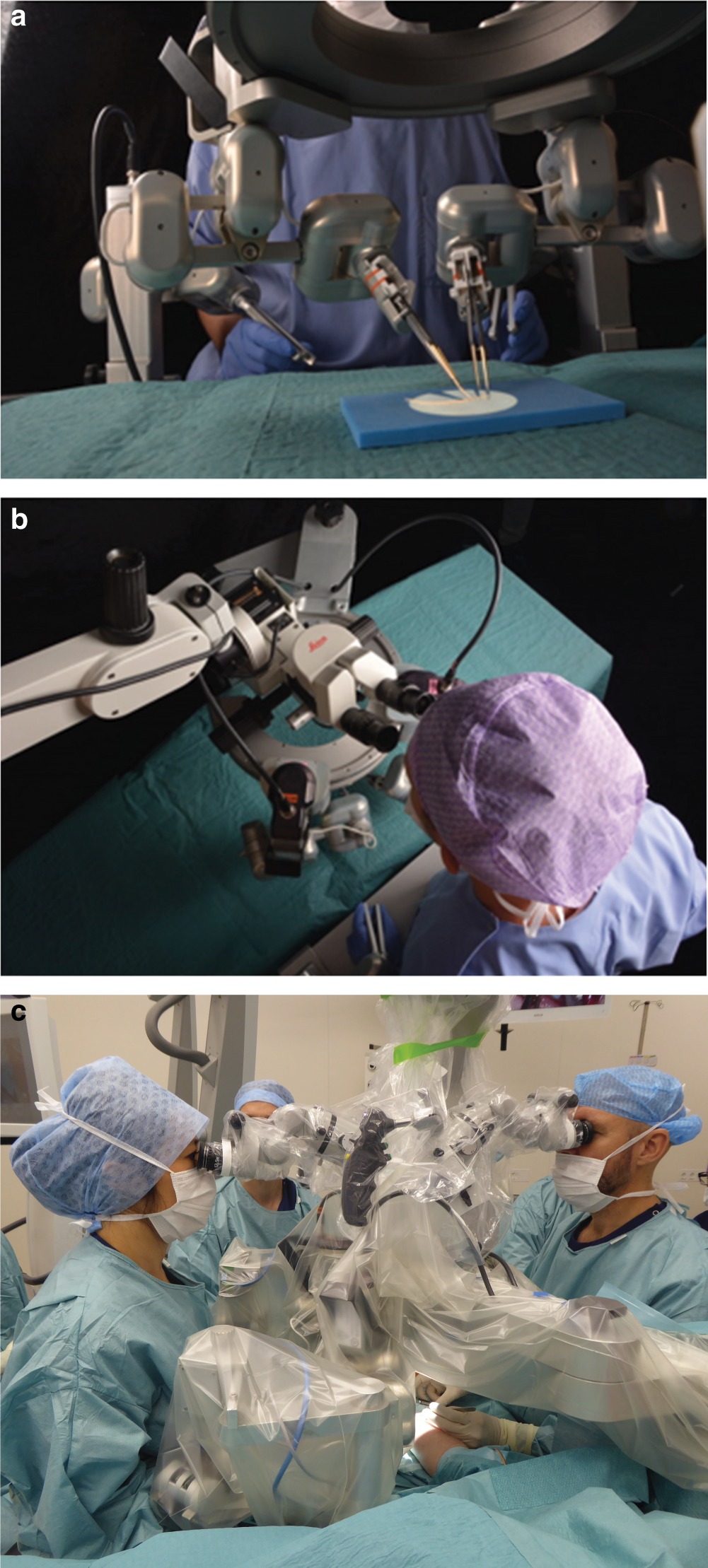Robotics finds its way into more and more processes of our daily life. In addition to the industrial robots that have long since arrived in the factories, household and care robots are finding their way into our homes. But they have also become indispensable in medicine. Especially in the operating theatres a wide variety of approaches are being experimented with to support the surgeons.
The digitization of medicine cannot be stopped and even if a good doctor is indispensable in the operating theatre, there are robots that are used especially for operations on extremely thin vessels.

In order to test the potential, a study was carried out for the first time in the Netherlands in the field of so-called “supermicrosurgery”. In a direct comparison, an experienced human surgeon and a robotic system performed lymphatic-venous anastomoses on vessels up to 0.3 millimeters in diameter. In simple terms, man and machine connected lymphatic and venous vessels to improve the flow of lymph.
Out of 20 patients, twelve patients were operated on by experienced doctors using the conventional methods, the remaining patients were operated on using a robotic system. The robotic system supported the surgeon’s movements and reduced his or her tremors.
During the study, neither patients nor doctors knew which method was being used. Now, if you are wondering how this is possible. Doctors also use special equipment, so-called micromanipulators, in classical supermicrosurgery.
The results were impressive. Not only did the surgeons assisted by robots achieve comparable results, they were even able to reduce the time required by almost half.
“A disadvantage of this study is that the operations were performed by a very experienced microsurgeon, so that the results cannot be easily transferred to others who are less experienced at present” – Raymund Horch, Director of the Plastic and Hand Surgery Clinic, Erlangen University Hospital
In the next step, less experienced physicians should also be allowed to work with the system to evaluate whether they can achieve better results with the support of the surgical robot.

